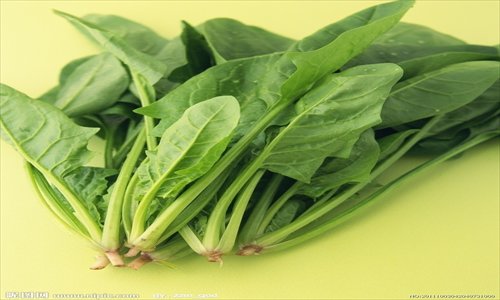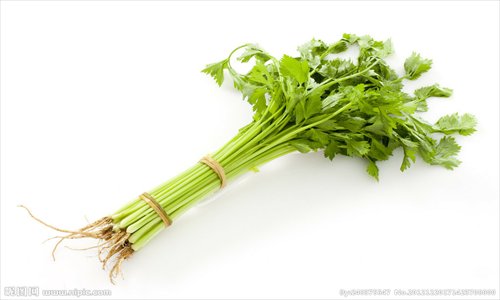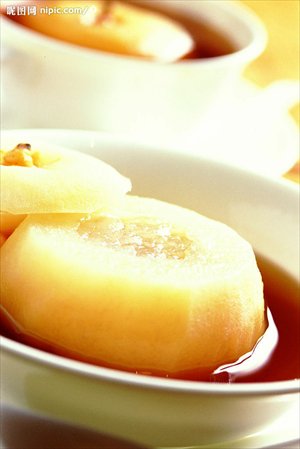Recipes to wake up to
Editor's note
The ancient Chinese created an agricultural solar system - still in use today - that is based upon their observation of crops, climate, astrology, and the study of animal and plant life cycles. The system guided farmers as to when to sow seeds and when to harvest them, and this system has now been in place for more than 2,000 years.
Today, with advances in science and technology, agriculture depends less on this ancient wisdom. But this seasonal calendar still operates as a reference guide for gourmands to seek out the best times for seasonal delicacies and for health experts to plan nutritious diets.
In a single year, the system features 24 "solar terms," each lasting one day and occurring every two weeks. Each has its own name and characteristics. The Global Times is presenting a weekly series examining which foods and delicacies are best enjoyed during these periods, as well as tips on preserving general health.

Jingzhe, meaning "the awakening of hibernating animals by thunder and warm temperatures," is the third period in the Chinese agricultural solar system. It falls on March 5 this year, and signals that there will be more rain and rising temperatures.
In the theory of traditional Chinese medicine (TCM), this solar term sees the energy of yang in the human body increasing, while yin energy is lacking. It indicates that more care should be paid to the liver, whose main function is to expel toxins and to nourish the blood. So the diet during jingzhe should be mild, with little fat, and a low intake of spicy and sour flavors. It is said that this will help the body's metabolism and alleviate the burden on the liver. Foods rich in proteins and vitamins are highly recommended during this period, as this will help to strengthen the immune system and resist infection.
Of all the vegetables and fruit coming into season, spring bamboo, pears, balsam pears, celery, spinach and Chinese yam are recommended. And the Global Times has found a few recipes that are ideal for staying healthy during jingzhe.

Steamed pears
In China there is a tradition of eating pears during jingzhe. This period is known for its rapid alternating cold and warm spells, and the resulting dryness in the air can lead to coughs or strong feelings of thirst. The sweet taste of pears is ideal for relieving sore throats, moistening the lungs and for nourishing the body's yin energy, and this is beneficial for a lot of the ailments suffered during this season.
Ingredients:
One pear, 10 grams rock sugar, 3 grams chuanbei mu (a herb that can be bought in any traditional Chinese medicine store)
Method:
Peel the pear and slice off the top third
remove the pear stone
Put the chuanbei mu and the rock sugar together into the hollowed-out pear
Steam the whole pear for about 30 minutes
Duck blood with spinach soup
The combination of spinach, congealed duck blood and bean curd in this soup makes it rich in micro nutrients and proteins, which help to facilitate the body's metabolism and expel toxins. Low in calories, the soup is particularly beneficial to women.
Ingredients:
Pre-prepared chicken stock, 100 grams spinach, 250 grams congealed duck blood, 250 grams bean curd, 20 grams medlar, 5 pieces ginger, 10 grams scallion, salt, seafood seasoning powder
Method:
Wash the spinach and cut into small pieces
Dice both the congealed duck blood and bean curd into cubes, and mince the ginger
Put the duck blood, bean curd, ginger and medlar into a pre-prepared chicken stock and stew for about 15 minutes
Scald the spinach in boiled water for one minute to remove its rich oxalic acid
Put the scalded spinach into the stew (avoid overcooking), and add salt and the seafood powder to taste

Celery and lean pork porridge
For meat lovers, the fat of meat is best avoided during jingzhe because it is a burden on the liver. Lean pork is a better choice at this time. And celery is effective in promoting digestion.
Ingredients:
150 grams celery, 50 grams minced lean pork, 100 grams maize, 30 grams he shouwu (Chinese fleeceflower roots, available at medicinal stores), salt and chicken extract to taste
Method:
Wash the fleeceflower roots, slice, sun-dry, and grind them into small granules
Wash the celery and slice into small pieces
Wash the maize and boil in water for 20 minutes in a pot
Add the minced lean pork into the pot of cooking maize, boil and simmer for about 30 minutes
Add the sliced celery and fleeceflower roots into the pot and stir consistently, stewing for another 20 minutes
Add salt and chicken extract to taste